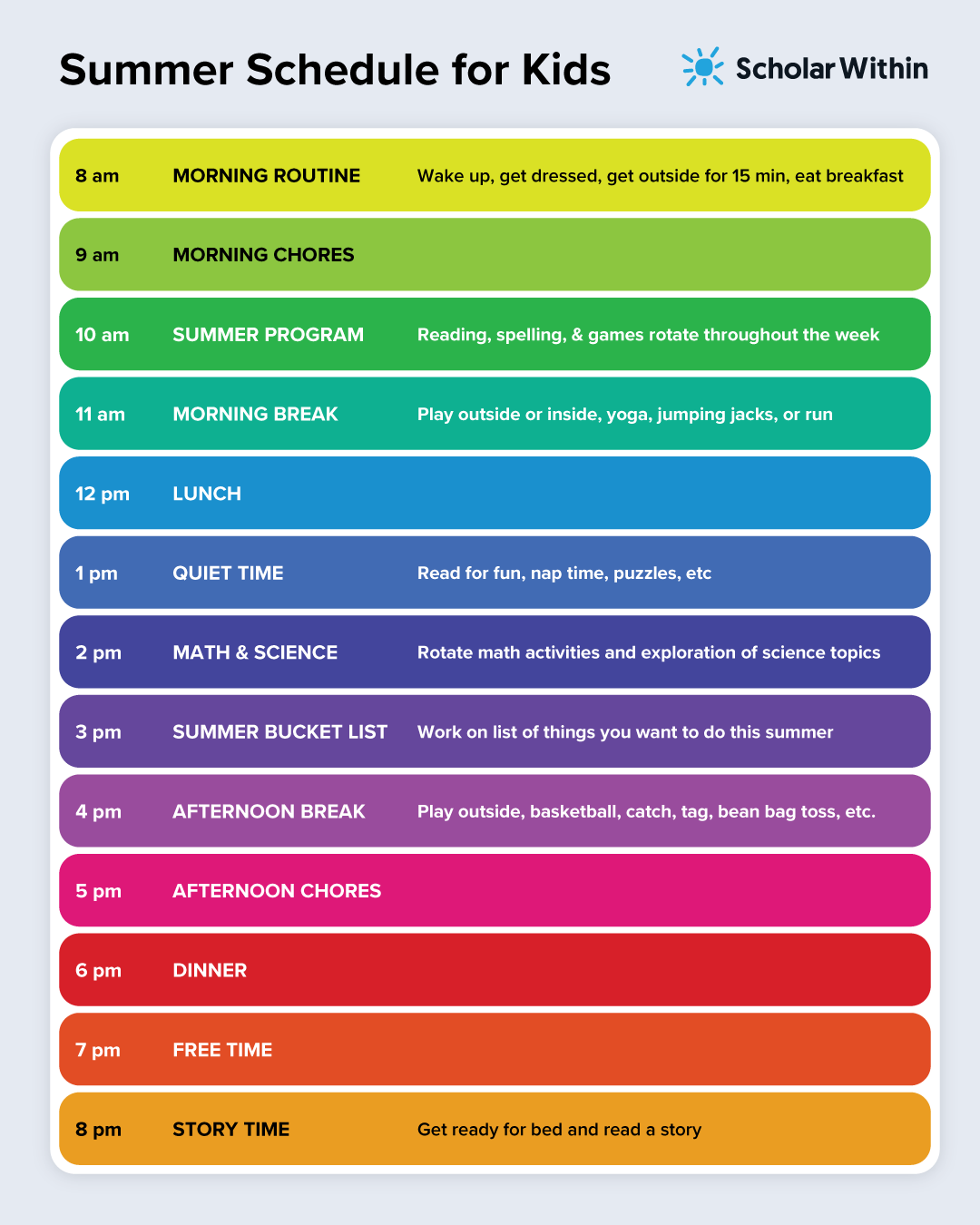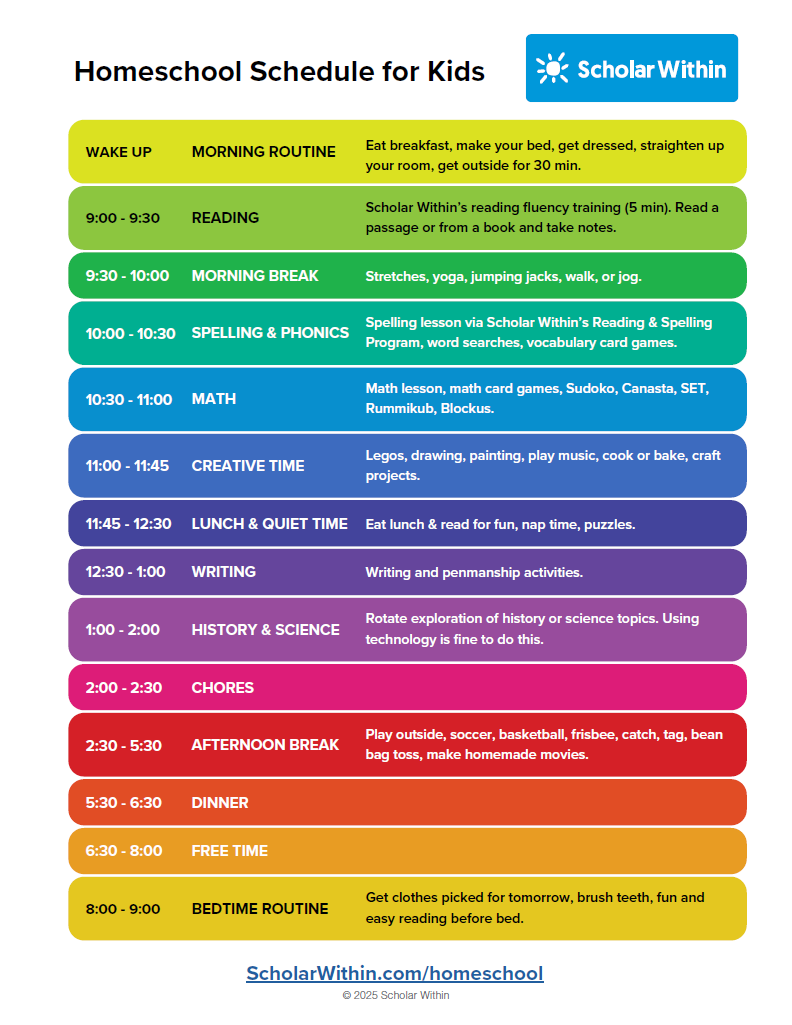
Reading and Spelling: Decoding and Encoding
How are Reading and Spelling Connected?
Reading and spelling are two sides of the same coin. In order to do one part well, you need the other part.
In order to read, you need to decode (sound out) words. In order to spell, you need to encode words. In other words, to spell, you need to pull the sounds apart within a word and match the letters to the sounds.
Encoding and decoding combine the components of auditory and visual processing. Here, phonemic awareness and phonics come together in the process of reading.
This is the reason why Scholar Within’s Homeschool Reading Curriculum includes spelling and phonics lessons. When you are able to spell more easily, you are also able to read more easily.
Phonemic Awareness Is Necessary for Reading and Spelling
Phoneme Blending
Phonemic awareness is your ability to manipulate the sounds in language. This is your ability to hear, identify, and manipulate individual sounds, phonemes, in spoken words. Then, you combine the phonemes to form a word. This is known as blending. You blend the individual sounds together to form a word. /c/ /a/ /t/ is cat. This is the process of decoding words.
Phoneme Segmentation
When you break a spoken word into its separate sounds, phonemes, you spell the word. This is known as encoding. This process is used when you spell a word phonetically. For example, there are five sounds in the word strip: /s/ /t/ /r/ /i/ /p/.
Combining Decoding and Encoding
So, pulling these two steps together, you are able to both sound out words, decode them, and spell them, encode them. Learning how we put letters together to make words improves your ability to read. The relationship between phonemic awareness, reading, and spelling is complementary. As you improve your spelling skills, you improve your reading skills. As you improve your reading skills by working with sound/symbol relationships, you improve your spelling skills.
Research Supports Combining Reading and Spelling
Mandi Johnson, M.Ed., author of The Relationship Between Spelling Ability and Reading Fluency and Comprehension in Elementary Students, 2013 states:
“If students have a higher knowledge of spelling, they are able to make more sense of the words that they are reading; therefore, it is easier for them to remember what is being read.”
Dr. Louisa Moats, author of How Spelling Supports Reading states:
“Spelling is a critical element not only in reading fluency and comprehension but also across the curriculum in all subject areas. It is shown that students who improve in spelling instruction, also improve in writing fluency and reading word-attack skills. If students have a higher knowledge of spelling, they are able to make more sense of the words that they are reading; therefore, it is easier for them to remember what is being read. ”
“Research shows that learning to spell and learning to read rely on much of the same underlying knowledge. Learn more about the relationships between letters and sounds and how a proper understanding of spelling mechanics can lead to improved reading.”
Additionally, according to the 2007 study by Wilma Jongejan, Ludo Verhoeven, and Linda S. Siegel titled Predictors of Reading and Spelling Abilities in First-and Second-Language Learners:
“Phonological awareness was found to be of great importance for the development of literacy skills in both first and second language learners. The training of phonological awareness skills should, therefore, be encouraged for children of all linguistic backgrounds.”

Free E-book:
How to Learn to Spell
Get this e-book by joining Scholar Within’s newsletter:
Or, Sign Up Now to start your child in the spelling program.
Apply the Research
Look at the two sides of the coin: decoding and encoding. The research supports it. Reading programs should include a spelling component to help students master reading skills at a faster rate. So, we include spelling in our reading program. This solidifies the overall fluency and comprehension skills.
At-Home Reading Program with Spelling and Phonics
Give your kids an academic advantage with our step-by-step, results-driven reading program with spelling and phonics.
In the program, your kids will learn through our custom-designed visual, auditory, and tactile methods that actually help your brain work more efficiently and make learning easier.
In Scholar Within’s Reading Program, your child will:
- Learn to read faster with our research-proven reading fluency drills
- Learn specific reading comprehension strategies
- Learn how to take notes easily
- Do auditory, visual, and tactile spelling lessons and activities
- Do phonemic awareness activities
- Learn phoneme segmentation through spelling lessons
- Learn to spell by spelling patterns
- Decode and encode sounds with letter combinations
- Do spelling puzzles and worksheets
- Follow along with spelling video lessons and tests
- Play card games
- And more!
Who is Scholar Within?
Scholar Within was founded by learning expert Bonnie Terry, M.Ed., BCET. Bonnie began designing and developing her own custom educational tools when she started her private learning center in the 1990s. Teachers kept asking what she was using with the kids who saw her because of the dramatic improvements that the kids made in school. From there, Bonnie decided to make her materials available to teachers and families worldwide.
Now, Bonnie Terry has turned her materials into a full-service online program that you can follow step-by-step at home, on your schedule. School alone is not enough anymore. Bonnie’s programs boost your kid’s overall learning skills by focusing on improving the auditory, visual, and tactile processing areas of your brain to make it work more efficiently.
Learn more about Scholar Within.



